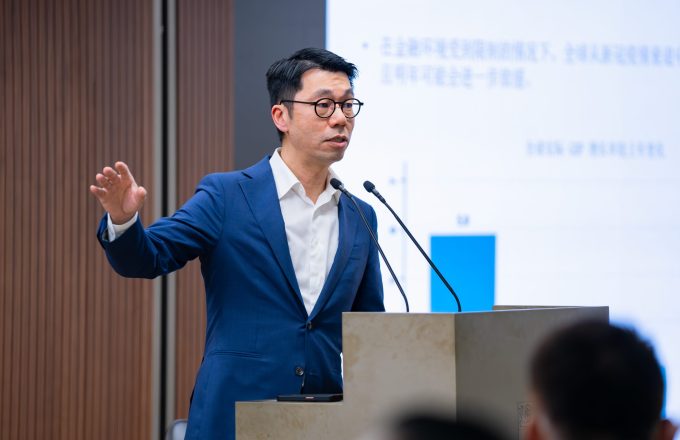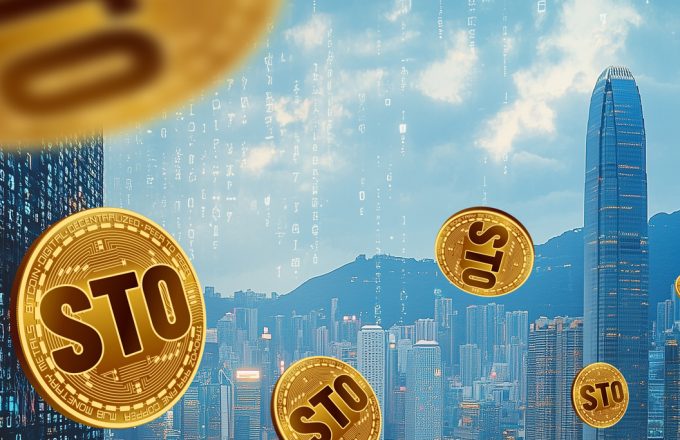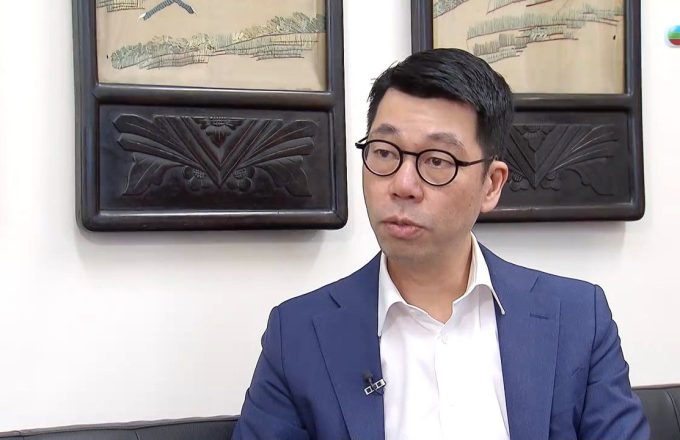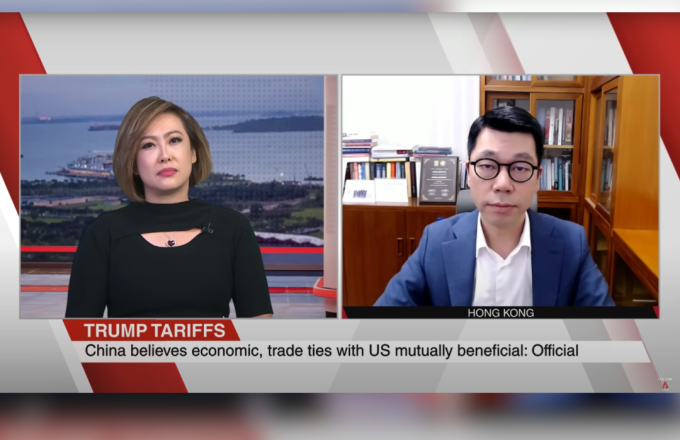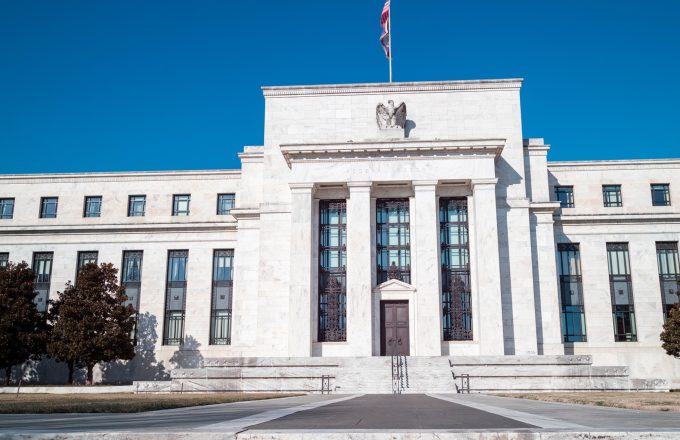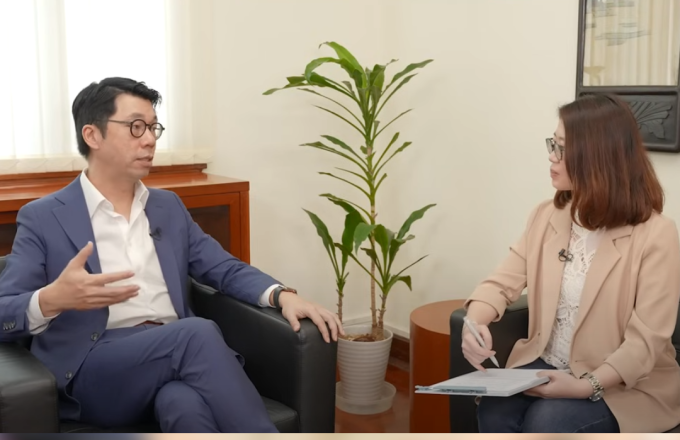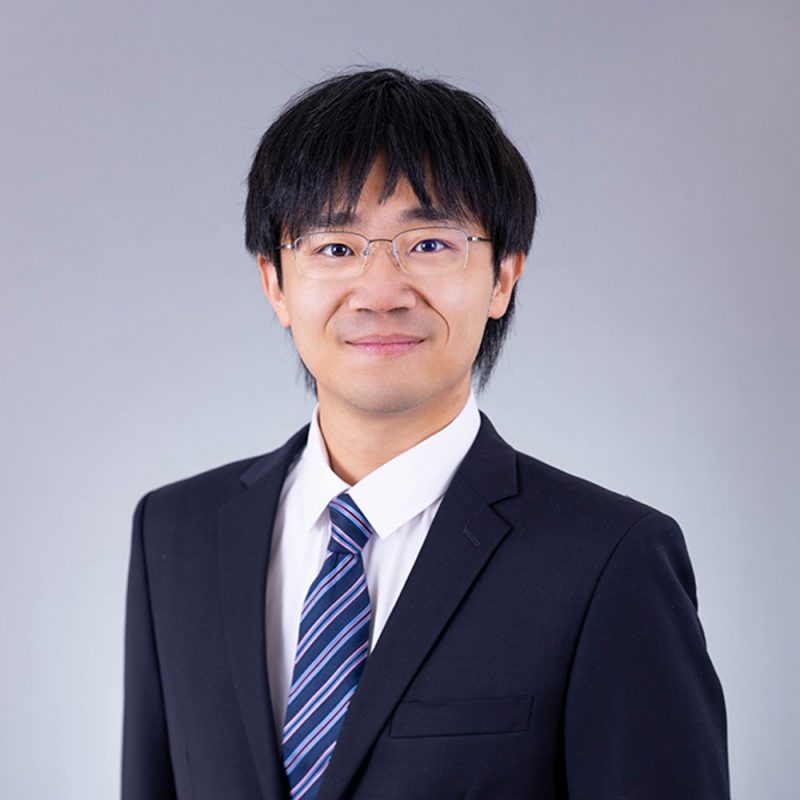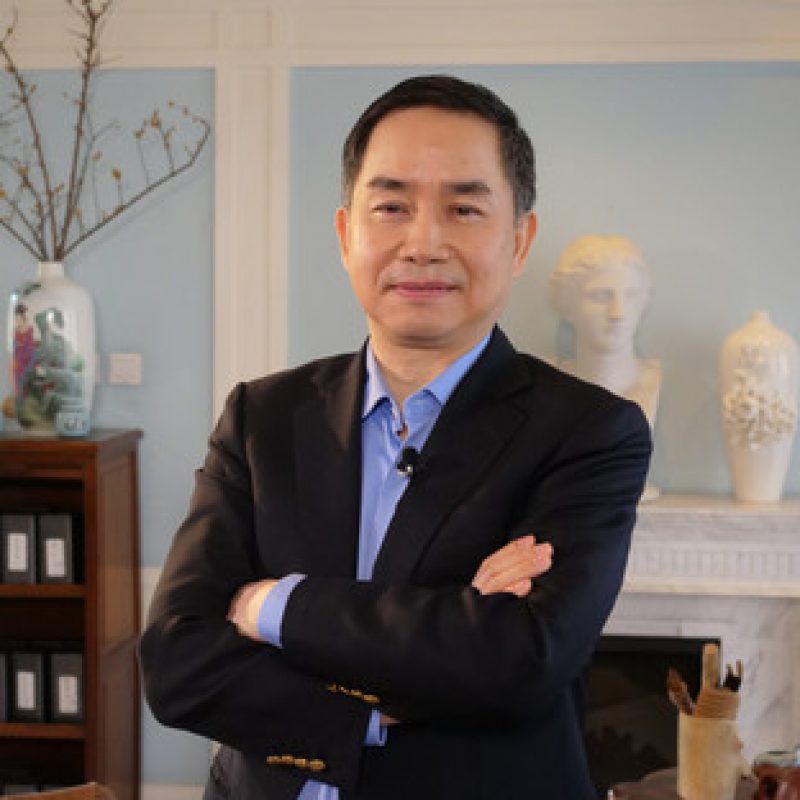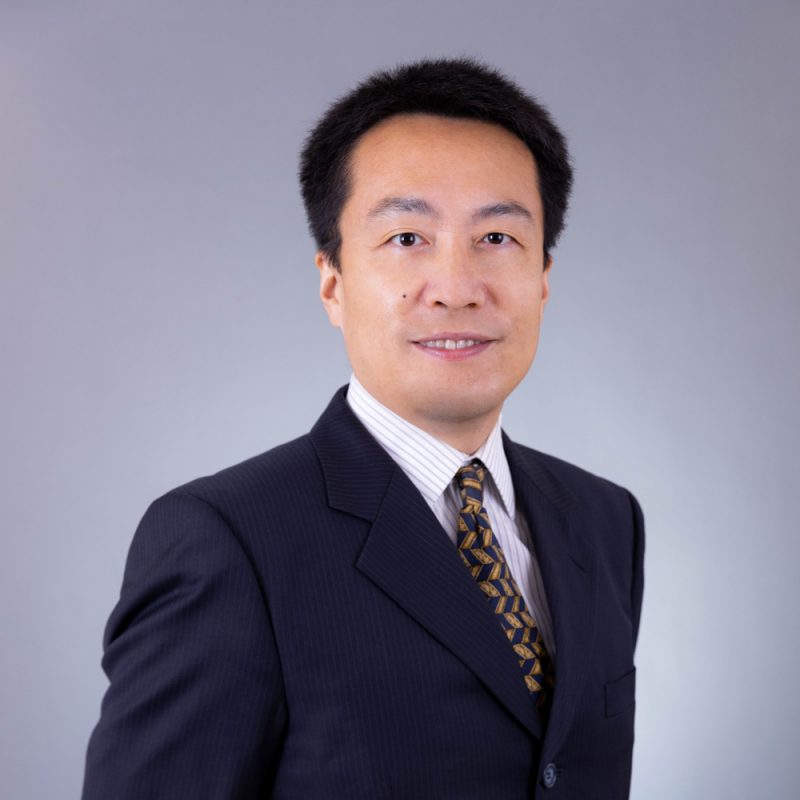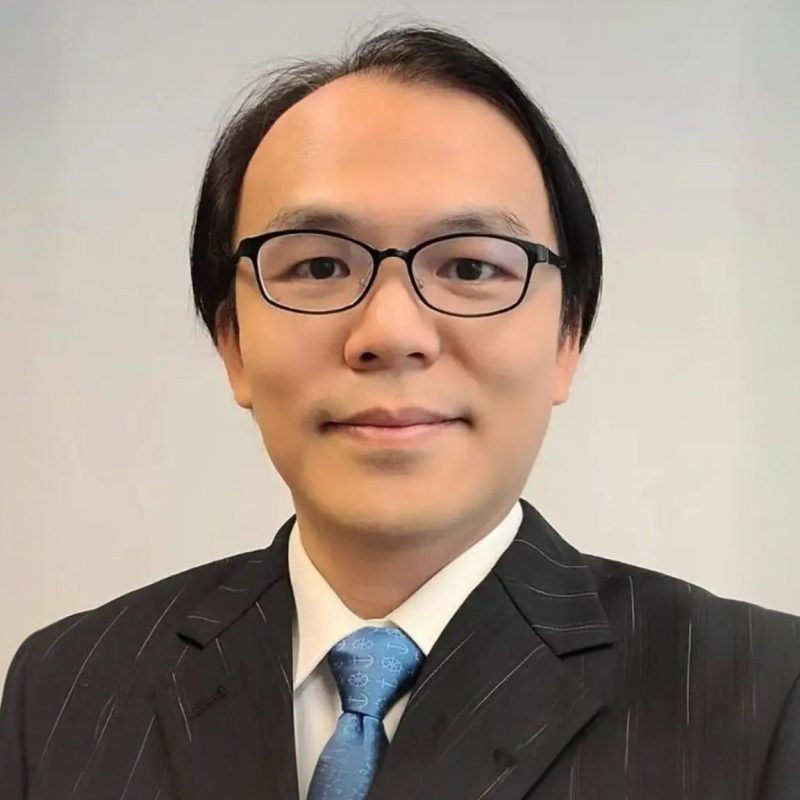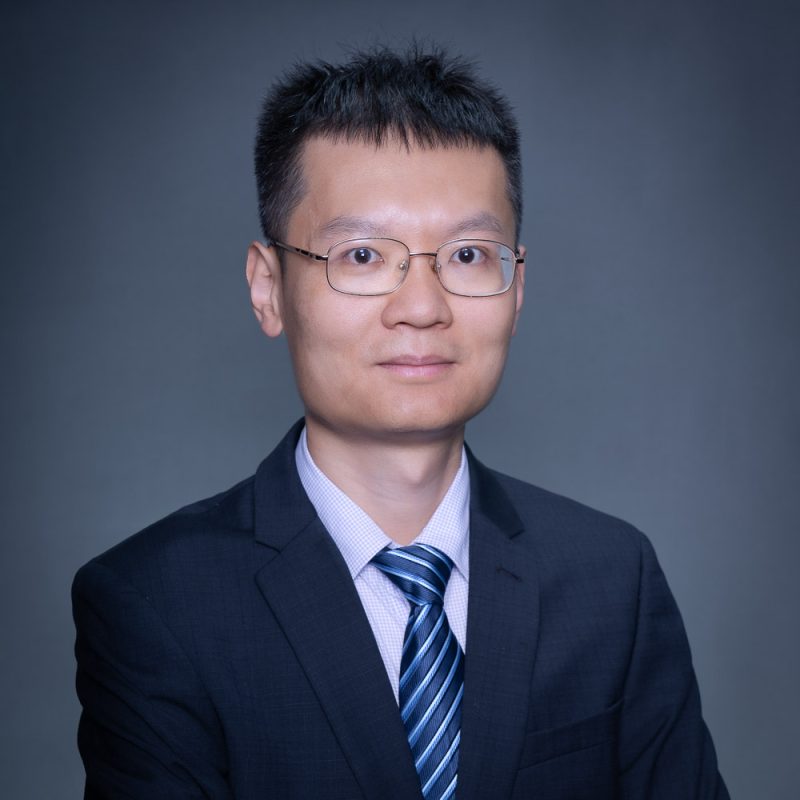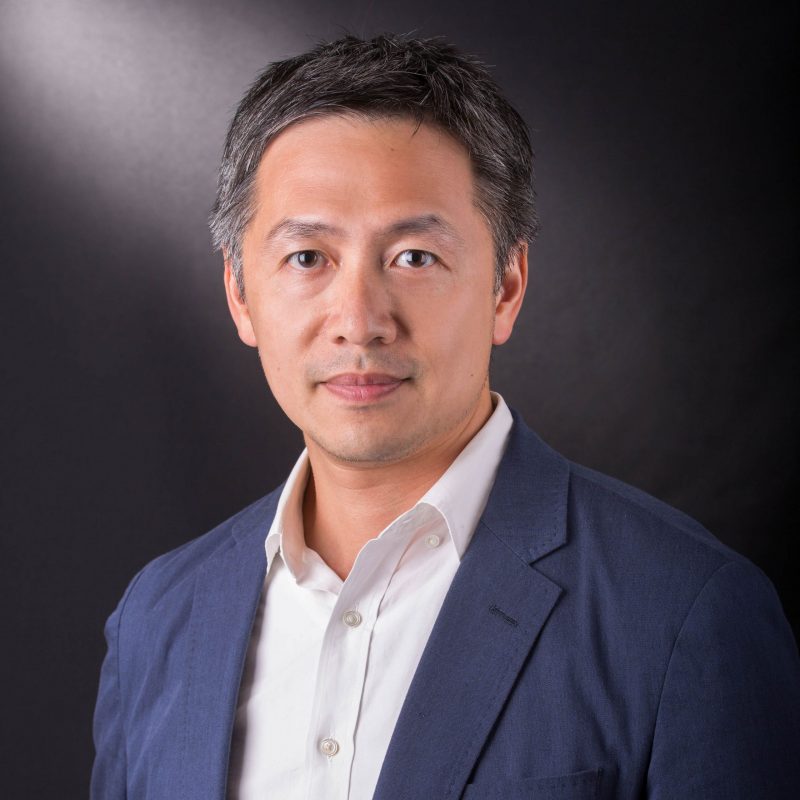Over the past decade, two technologies have been at the forefront of the digital revolution. The first is AI, which has seen global adoption, while the latter is the more contentious Web3, a decentralized blockchain protocol. This article will primarily focus on the latter.
12 Dec 2024
What's the carbon footprint cost of AI to our planet? The cost is heavy. It's estimated that the training process of ChatGPT-4 has led to over 1,000 tons of CO² emissions. By 2030, it is projected that the AI industry will account for 3.5% of global carbon emissions.
11 Dec 2024
Faculty
In 2023, AI has generated over 100million songs, and it is estimated AI will take over 50% of the music market by 2030. AI technology has opened up a new era in music creation, allowing anyone to generate music through a few text commands, challenging the music industries. However, the record companies shouldn't reject AI. Instead, they can seek new business models to reshape the industry with AI.
4 Dec 2024
Faculty
Prof. Heiwai Tang, Associate Dean of HKU Business School and Director of the Asia Global Institute shared in an interview with the TVB Pearl programme that the trade war has deteriorated with decoupling notably underway in the technology sector like semiconductors, AI and robotics. However, he believes that Hong Kong can still capitalise the opportunities ahead, positioning the city as a centre for supply chain management and professional services such as financial services and tax advisory consulting.
2 Dec 2024
Faculty
Did you know that blaming others can be just as contagious as a cold? Psychological research has shown that when participants read about political failures, they are more likely to blame others, especially if they see politicians attributing their failures to outside interests. Similarly, when management easily blames employees, it sets a precedent, leading to a culture of blame within the organisation.
27 Nov 2024
Faculty
In a recent interview with CNA, Prof. Heiwai Tang, Associate Dean of HKU Business School and Director of the Asia Global Institute, shared that he was not surprised that Trump will raise tariffs on China. As he expected, Trump would increase tariffs on China gradually to gain bargaining power for the U.S. Increasing tariffs is an inefficient measure because they will increase the cost of production and the prices of goods for the U.S. He thinks that the U.S. tariffs on Mexico may not last for too long, as the two governments may agree on a deal soon, given the relatively smaller economic size but much more dependence on exports to the U.S. for Mexico.
26 Nov 2024
Faculty
With Trump’s recent victory in the U.S. presidential election, the new administration is set to appoint a fresh slate of department heads. However, the position of Federal Reserve Chair Jerome Powell will remain unchanged. Despite being Trump’s nominee, Powell has often found himself at odds with the President, particularly over interest rate hikes, which Trump has publicly criticized.
20 Nov 2024
Faculty
With Donald Trump returning to the White House, US-China relations are set to grow more tense. Prof. Heiwai Tang, Associate Dean of HKU Business School and Director of the Asia Global Institute, noted in a HKEJ interview that Trump’s hawkish cabinet may escalate pressure on China in trade, technology, and geopolitics. China must strengthen alliances and boost domestic demand, while Hong Kong needs to uphold its role as a “bridge between East and West.”
A Global Shift: “One Globe, Two Systems”
Prof. Tang highlighted that the world is entering the “One Globe, Two Systems” era, where the US-led technological ecosystem competes with China’s independent system. Trump’s policies may accelerate decoupling in AI and semiconductors. China must bolster self-reliance, restructure supply chains, and deepen ties with Europe and ASEAN, while Trump’s isolationist stance may weaken US alliances, offering China new opportunities.
14 Nov 2024
Faculty






